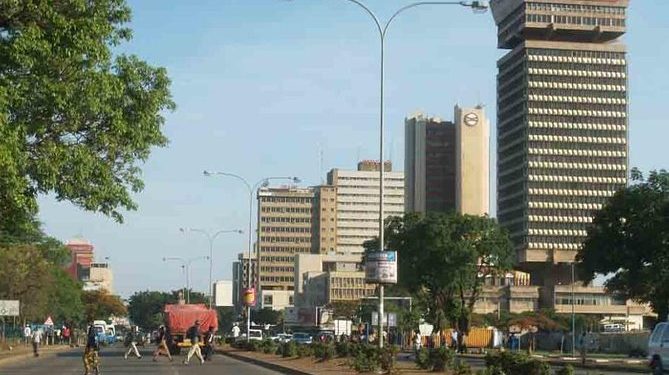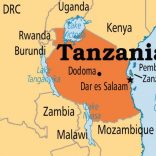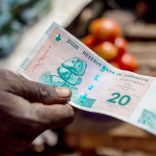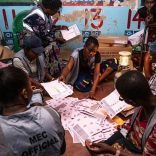Tanzania sets elections for Oct 29
Zambia says it defaulted on purpose to ensure all creditors are treated equally

File photo: Reuters
- Zambia could have paid the $42.5m coupon last Friday, but chose not to as if it pays one creditor then it needs to pay all of them
Zambia could have paid a coupon on one of its sovereign dollar bonds last Friday, but chose not to do so due to the need to treat all creditors equally, the copper producer’s central bank, Bank of Zambia, governor said on Wednesday.
However, the finance minister later said that the decision had increased the risk of bondholders taking legal action.
Zambia became Africa’s first sovereign pandemic-era default after it failed to pay $42.5m coupon at the expiry of the grace period on Friday. Holders of Zambian Eurobonds had rejected a government request to defer interest payments until April.
Facing the impact of the coronavirus pandemic and a limping economy, governor Christopher Mvunga said that Zambia is seeking broad debt relief, including within the framework of a debt service suspension backed by the G20 wealthy nations.
“One of the conditions is that all creditors have to be treated equally … It’s not that we could not pay. It’s just that if we pay one creditor then we need to pay all the creditors,” Mvunga told a news conference.
Eurobond holders have criticised the government, saying its lack of engagement has made providing near-term debt relief impossible. One creditor group said it may consider other options in the wake of the default, setting the stage for a potentially acrimonious debt restructuring.
In a briefing to parliament, finance minister Bwalya Ng’andu said not paying the coupon has helped improved the atmosphere for negotiating with some other creditors “who previously have shown no indication to do so”.
However, while reaffirming Zambia’s commitment to working transparently with creditors towards a solution, he acknowledged the decision comes with risks.
“These include bondholders taking legal action to enforce their rights under the financing arrangements,” he said, adding that the government would work closely with its legal advisers to respond to that eventuality.
Credibility
Ng’andu said the government is in discussion with the International Monetary Fund (IMF) over the “appropriate policy instrument” to help manage public debt. The IMF’s involvement is important to give an orderly restructuring process “credibility and impetus”, he said.
Zambia’s three defaulted sovereign-dollar bonds are trading just over 43c on the dollar, according to Tradeweb data.
The central bank also left its main lending rate unchanged at 8% on Wednesday.
Inflation, which rose to 16% in October from 15.7% in September, is expected to average 16.7% in the fourth quarter, before declining to 13.5% in 2021.
Gross international reserves, meanwhile, slipped by $111.8m to about $1.32bn, or 2.3 months of import cover, from end-June to end-September, because of increased foreign exchange sales and debt service payments.













Leave a Reply
Be the First to Comment!
You must be logged in to post a comment.
You must be logged in to post a comment.